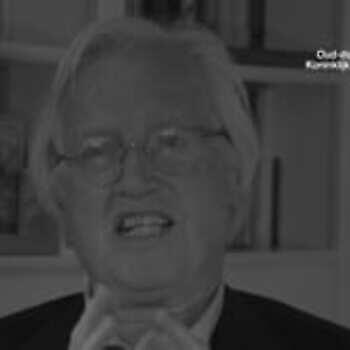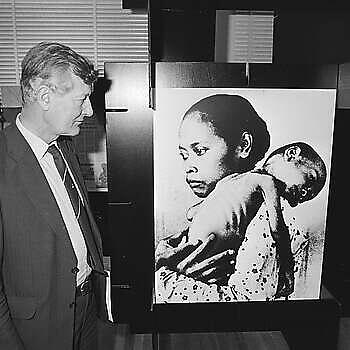Under Jan de Koning, the two-track policy that Pronk had started was continued. This policy aims to improve the position of the target group as quickly as possible, but also to achieve political and economic self-reliance in the longer term. Paul Hoebink described this policy as both realistic and idealistic.
At the organizational level, De Koning succeeded in implementing the bureaucratic reforms that had stalled under Pronk, introducing changes in personnel policy, regional offices with country desks, and a department with sector specializations. With these changes, interventions could be made more quickly when a project was producing too little results. However, De Koning failed to create development departments at embassies, and he did not stimulate the business community enough to undertake larger activities. He had intensive discussions with the business community, but no initiatives emerged. According to De Koning, the business community had thus lost its right to criticize policy.
Furthermore, the Council of Churches presented the results of a study in Colombia on the role of the business community in relation to development cooperation, which were negative.
Civil society organizations
The four major private development organizations were given more policy freedom and their budgets also increased. De Koning also introduced a similar form of "program financing" for the NCO, which was given more responsibility for its own policies, with only retrospective oversight by the minister.
Finance
During De Koning's time as minister, the budget was under pressure due to economic contraction. In 1980, the cabinet decided to keep the Development Cooperation budget at one and a half percent of net national income. In practice, this meant that spending room was reduced. De Koning's protest against this budget achieved little.
Sources:
- Ontwikkelingssamenwerking in vogelvlucht.
- Biografie de Koning
- Nederlandse ontwikkelingssamenwerking 1949-1989
- Paul Hoebink, Hoe de dominee de koopman versloeg, internationale spectator (2006)
- Coppens, H.A.J. (2019), "Ministers voor de schone schijn? De eerste vijf ministers voor Ontwikkelingssamenwerking van Nederland", Hoofdstuk 7 Periode De Koning
Notes:
- Nota inzake verbetering van de kwaliteit van de bilaterale hulp
- Nota ontwikkelingssamenwerking in wereld-economische perspectief
Videos:

